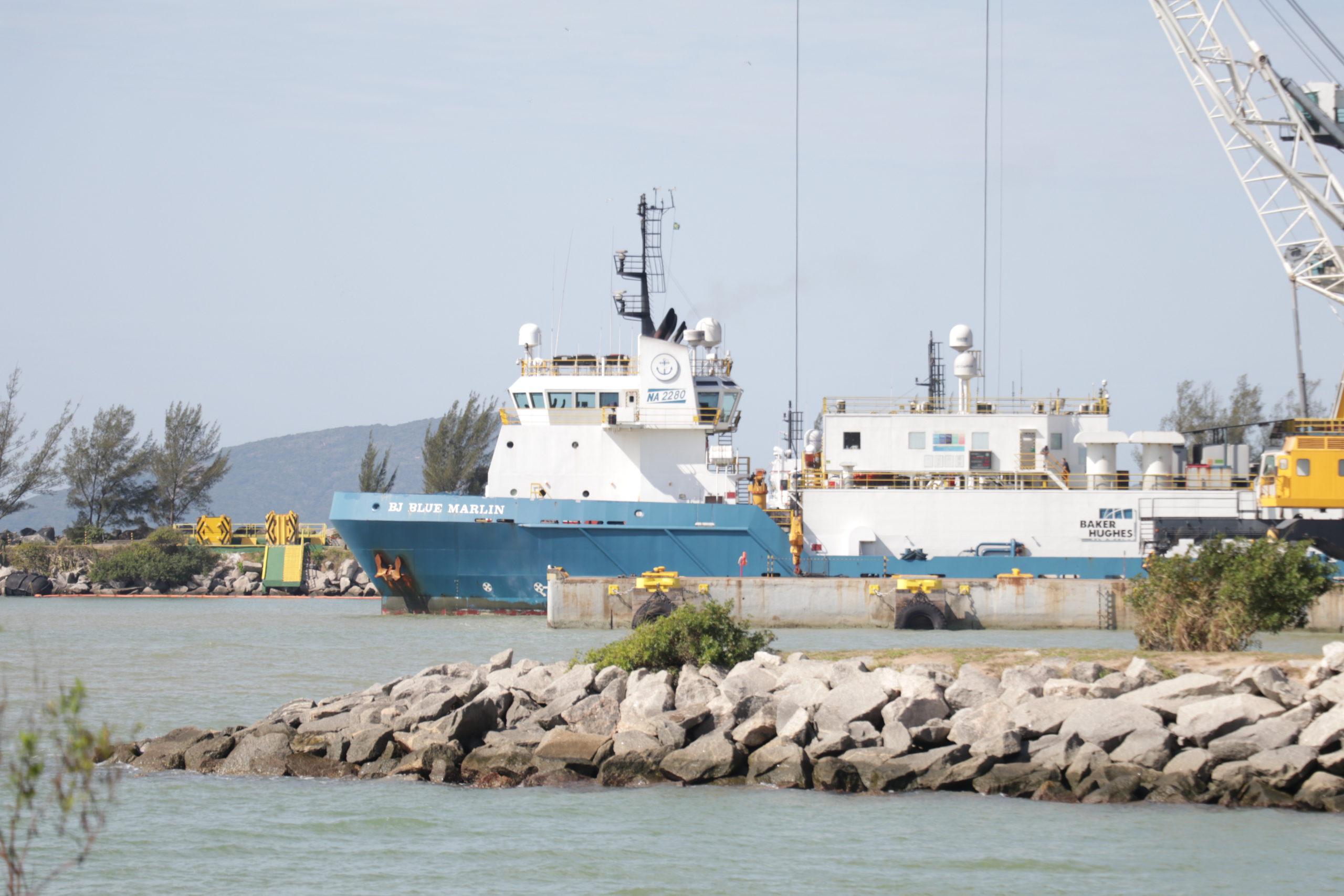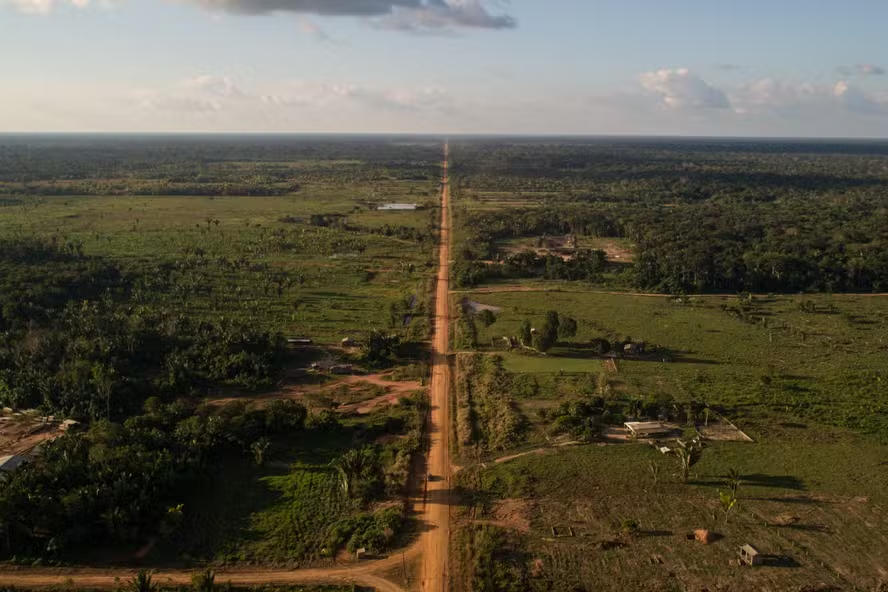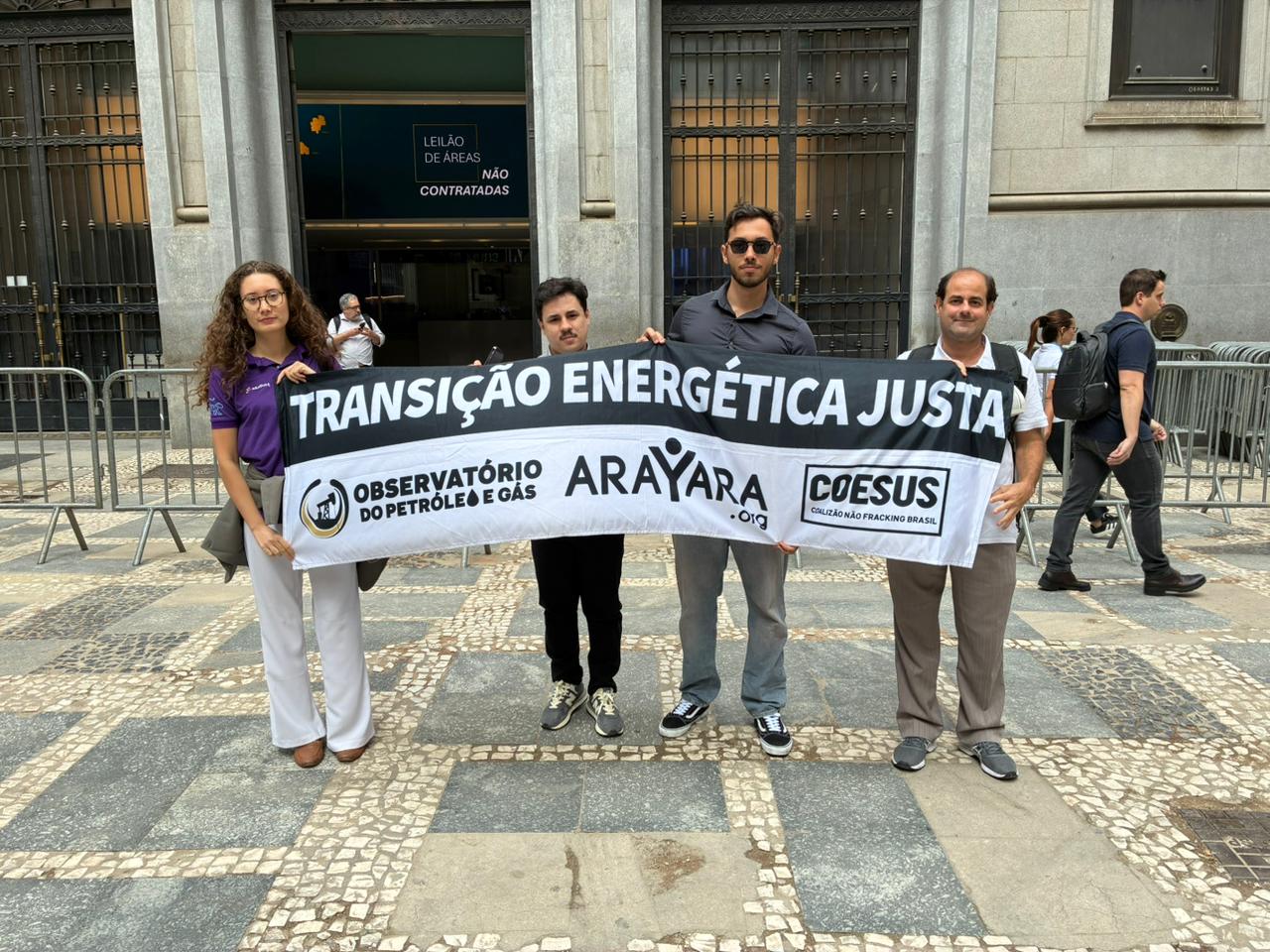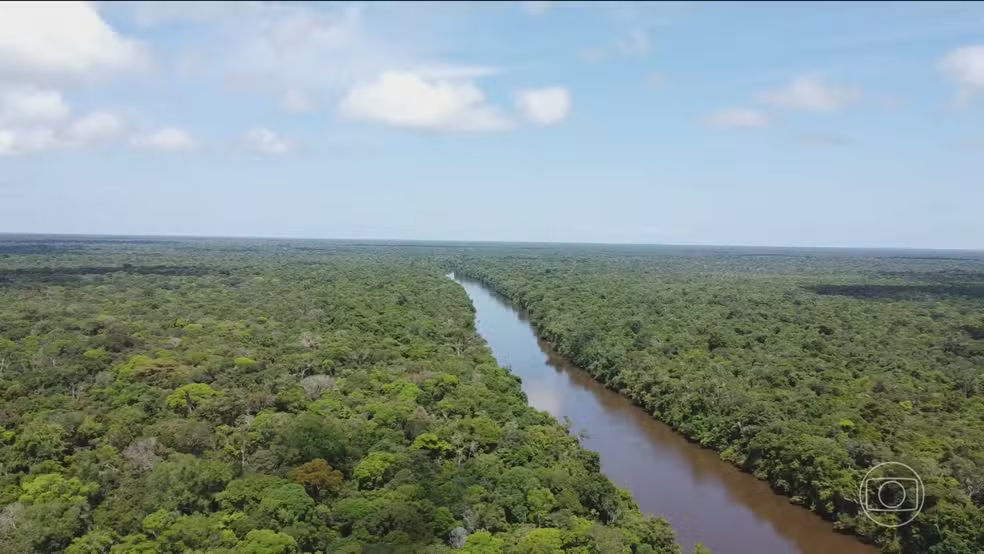Water shortages and serious atmospheric pollution motivate the institution to seek state and federal judiciary power in the protection of the population, environment and climate. Among the requests made through the Public Civil Action (ACP) are the Strategic Environmental Assessment (AAE), the update of the water availability plan and study of the Macaé River Basin and the inventory of greenhouse gas emissions (GHG ). The licensing of the Thermoelectric Complex (fossil thermoelectric energy cluster) planned for the region cannot proceed without these assessments.
The Strategic Environmental Assessment (AAE) is the study that analyzes the cumulative and synergistic effects of all projects in the same Hydrographic Basin, different from what is done in the Environmental Impact Study (EIA), which separately classifies the damage caused by the set of the enterprise.
According to a technical note written by IBAMA, there is a need to deepen the knowledge of the area, “we believe that it is necessary to carry out a prior assessment that considers the support capacity of the aerial basin of the municipality of Macaé, and the water capacity of the Macaé River in order to safeguard the quality environment in the city”.
“Only after carrying out these studies will it be possible to adequately assess the real impacts on the health of the population and the environment”, says Advocacy coordinator at ARAYARA.ORG, Ivens Drumond. “Any license granted prior to such studies is hasty.”
Macaé Thermoelectric Complex in this context comprises 17 undertakings, 11 of which are thermoelectric plants, a natural gas processing unit and its gas pipelines, the expansion of the Petrobras Unit in Cabiúnas, two transmission lines, a gas pipeline and the Port Terminal (TERPOR) . Of these undertakings, 8 thermoelectric plants are being licensed by IBAMA and 9 undertakings are under the responsibility of INEA.
In November 2022, the Arayara International Institute filed the first Public Civil Action (ACP) over the electricity generation projects that make up the Thermoelectric Complex in the Municipality of Macaé-RJ. In this first ACP, the thermoelectric plants, EDF Norte Fluminense SA – Usina Termelétrica Norte Fluminense SA – Global Participações em Energia SA (JACI AND TUPÃ), Usina Termelétrica Nossa Senhora de Fátima, Litos Energia Ltda. (LITOS 1, 2, 3 and 4), with licensing carried out by IBAMA, suffered a series of technical and legal questions that make the installation and activity of these projects unfeasible, due to serious socio-environmental and engineering issues.
In December 2022, ARAYARA.ORG continued the series of ACPs on the subject, with requests similar to those of the previous action, but with a focus on projects that are being licensed by the State Institute of the Environment – INEA, the state environmental agency of Rio de Janeiro. January, they are: Agrivale Incorporações e Construção SA (Macaé Complexo Logístico e Industrial Agrivale – CLIMA); Vale Azul Energia SA (UTE’s VALE AZUL I, II and III), Marlim Azul Energia SA (Transmission Line 500 KV – (Substation), MARLIM AZUL (Substation) LAGOS and – Gas Pipeline – Natural Gas Distribution Branch that intends to interconnect Petrobrás’ Cabiúnas Terminal (TECAB) to the Marlim Azul Thermoelectric Power Plant (UTE).
In January 2023, the third ACP on the subject was filed, on the gas pipelines that intend to supply the natural gas processing unit (UPGN) of Porto de Açu. In this case, the judiciary is warned about the impact that the 7 gas pipelines will have, if licensed in the way proposed by the entrepreneur. It was required to change its routes, as they would pass inside the Maricota dam. The Environment Secretariat of the Municipality of Carapebus itself requested this change in INEA’s administrative procedure. The Maricota dam is the main source of water supply for human consumption of the population of Carapebus and serves thousands of people and economic activities that depend on this essential resource.
“Brazil, which is a signatory of the global climate commitments, in order to fulfill its goals assumed and already ratified by the National Congress, has an enormous challenge in reducing its emissions and accelerating the energy transition, leaving a fossil matrix (natural gas, mineral coal and oil) which is largely responsible for these emissions. These energy sources are still responsible for the increase in domestic and industrial energy costs in Brazil, bringing inflation and reducing the country’s competitiveness on the international stage”, says Juliano Bueno de Araújo, Technical Director of the Instituto Internacional Arayara.
Taking into account the constant debate on climate change and the urgency to contain greenhouse gases (GHGs) and pollution, we understand that this type of project is a real attack on the lives of people living in the region.
ARAYARA.ORG, for 30 years, has been acting in defense of socio-environmental rights and pointing to the problems caused by fossil investments. Given this, in its actions and activities, it shows that Brazil has a huge potential to clean up its energy matrix in a fair and sustainable way.
















